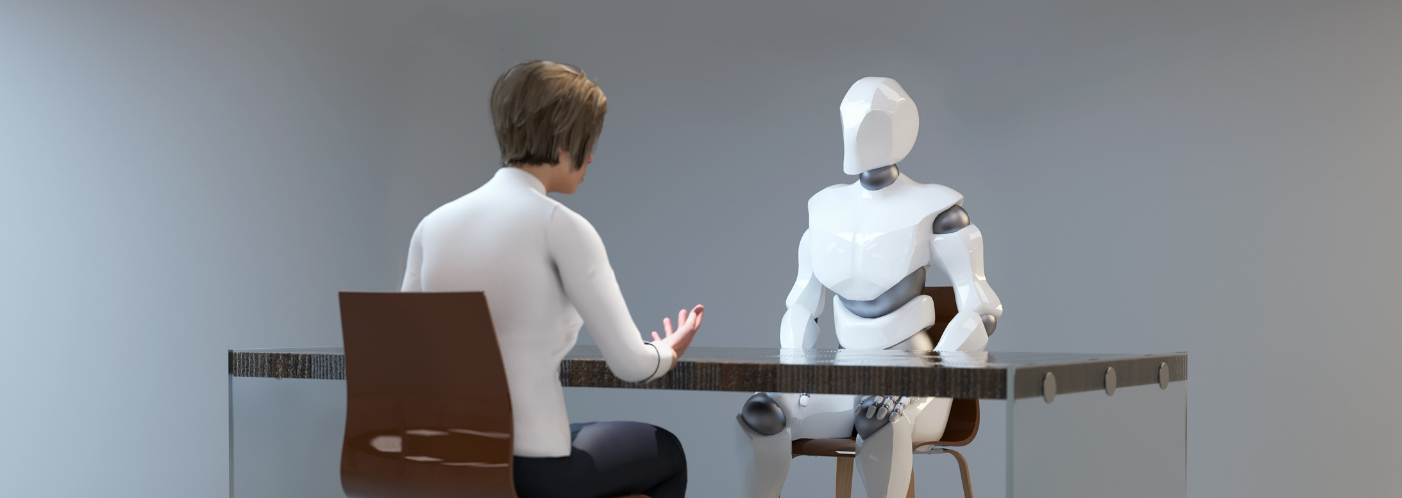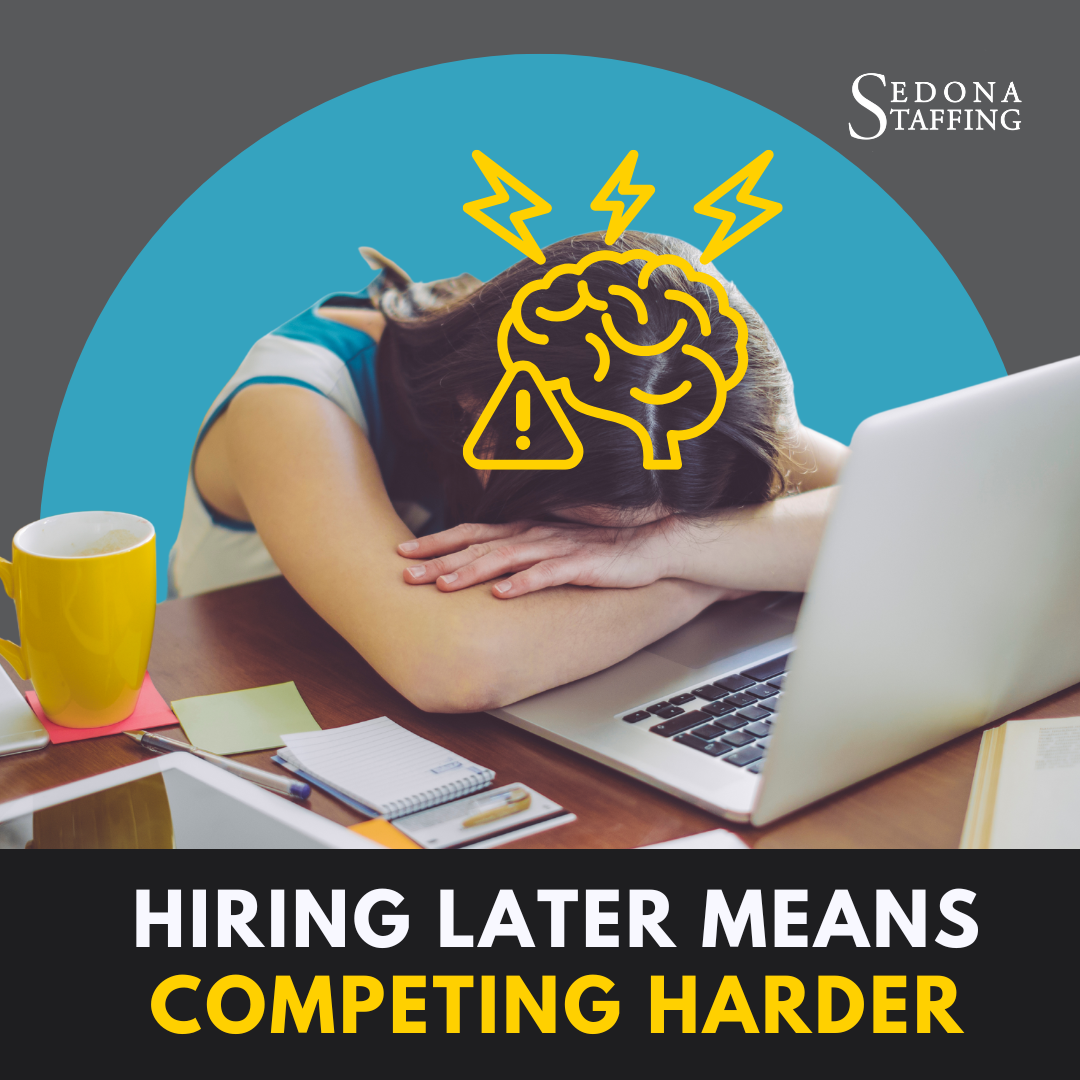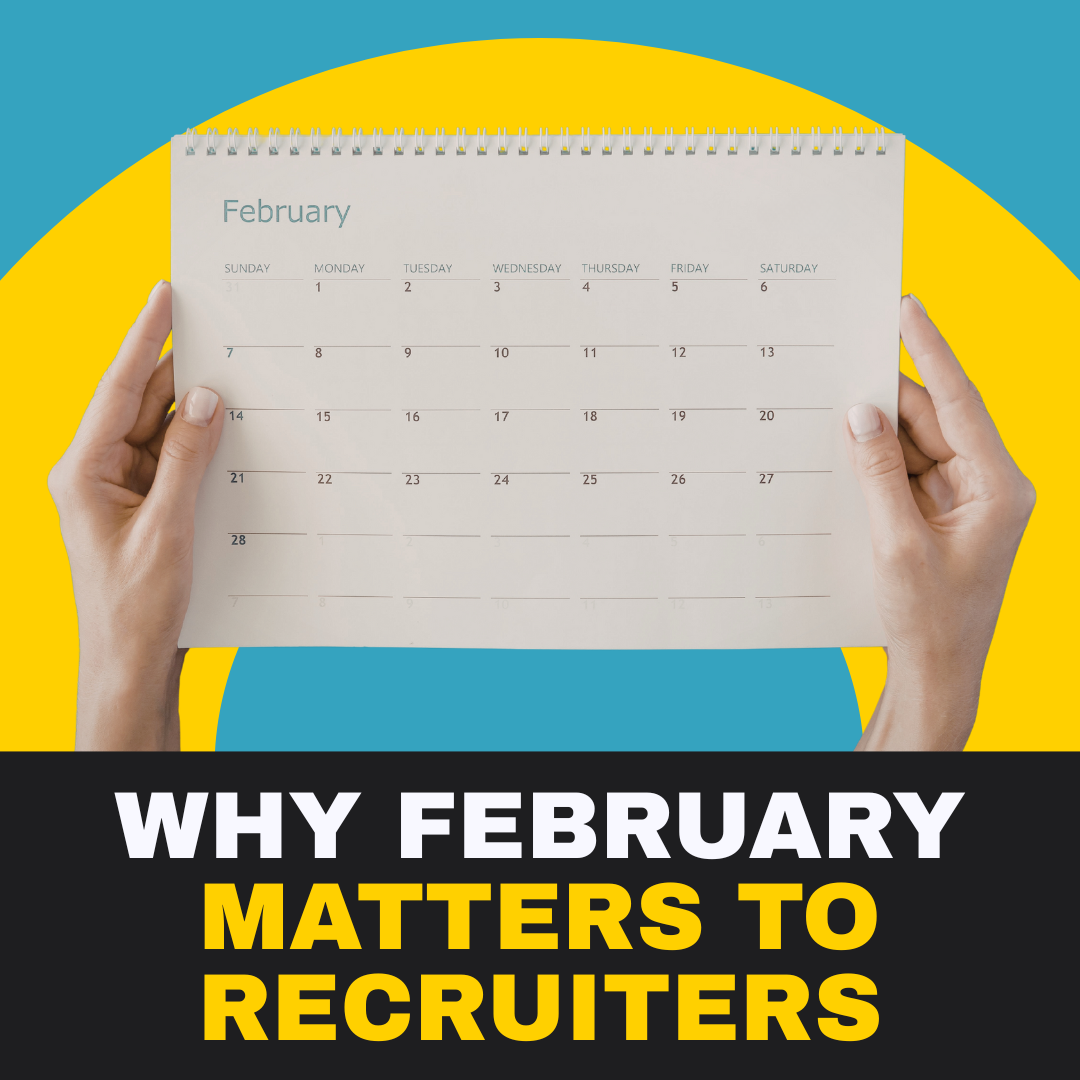AI & Technology in Staffing: Enhancing Humanity, Not Replacing It
AI-Powered Staffing: Amplifying Human Potential

In 2025, AI is reshaping the staffing world. From sourcing to onboarding, many firms are leveraging AI-powered tools—but too often, it comes at the expense of the human connection. True innovation in staffing comes not just from efficiency, but from putting people first.
🔍 What’s Working—and What’s Not
- AI streamlining basics: Many employers and staffing firms have AI "recruiters" who now handle resume screening, resume parsing, and automated outreach, helping reduce costs and save time. Analytics-driven platforms even enhance candidate diversity and speed hires by up to 62% faster with 59% lower costs staffingindustry.com.
- Tools—yes. Bots-only—no: Companies emphasizing AI-only processes (like fully automated interviews or chatbots with no human follow‑up) often frustrate candidates and missed concerns around fairness, bias, and transparency.
- Candidate pushback: University graduates are increasingly skeptical: only 18% are favorable about AI screening—and over half feel it reduces their ability to show their authentic selves naceweb.org.
- Real-world limits: Even firms that automate heavily (like Klarna replacing 700 service staff with AI) have reversed course after realizing customers crave human interaction.
🤝 Why Balancing AI + Human Touch Matters
The staffing industry thrives on trust, empathy, and relationship-building. Pure automation can ignore these, resulting in:
- Candidates feeling unseen and unheard
- Employers processing too many low-quality applications
- Loss of brand equity and negative candidate experiences
Instead, top-tier firms leverage AI to amplify—not eliminate—the human element.
✅ What Authentic, Tech-Savvy Staffing Firms Do
- Automate tasks, not relationships
AI aids in resume dredging and initial screening—but humans craft outreach and conduct follow-ups. - Use AI ethically and transparently
Firms clearly disclose AI use, balance it with human judgment, and guard against bias risk. - Include human interviews early
Candidates and NACE data show that in-person—or human-led virtual—interaction is preferred over fully automated sessions. - Train recruiters on AI tools
Recruiters receive ongoing education to interpret AI outputs and integrate them with empathy and ethical oversight. - Monitor AI impact on well-being
Firms regularly assess jobseeker and recruiter experiences to ensure AI enhances, rather than undermines, fair and humane engagement.
🌟 What It Looks Like in Practice
- A recruiter uses AI to shortlist candidates, then personally reviews and calls promising candidates—answering questions and explaining next steps.
- Jobs are listed clearly and fairly; AI suggests matches, but humans make sure the fit respects individual goals and culture.
- After hires, recruiters check in—AI flags when to follow, but humans ensure satisfaction, performance, and relationship depth.
📢 Q&A
💬 Q: How can AI improve staffing without feeling dehumanizing?
A: Use AI to streamline tasks—like screening and scheduling—but keep humans in charge of outreach, assessment, and relationship-building. Balance matters.
💬 Q: Do candidates like AI in hiring?
A: Mixed feelings: around 18% of young candidates appreciate AI screening, but more than half worry it limits authenticity lifewire.com.
💬 Q: Why do firms need human recruiters if AI is so fast?
A: AI handles volume. Humans bring judgment, empathy, transparency, and bias‑spotting—essential for trust and quality fit.
💬 Q: How do companies avoid AI bias?
A: Through ethical AI use—clear disclosure, ongoing monitoring, human review, and regular fairness audits .
🔍 Final Takeaway
AI is powerful—but it should empower human connections in staffing, not replace them. When used thoughtfully, AI:
- Speeds processes
- Improves candidate quality
- Reduces costs
- But above all, supports authentic, human-led hiring
Staffing agencies that embrace this blend stand out—building stronger brands, happier hires, and lasting relationships.




